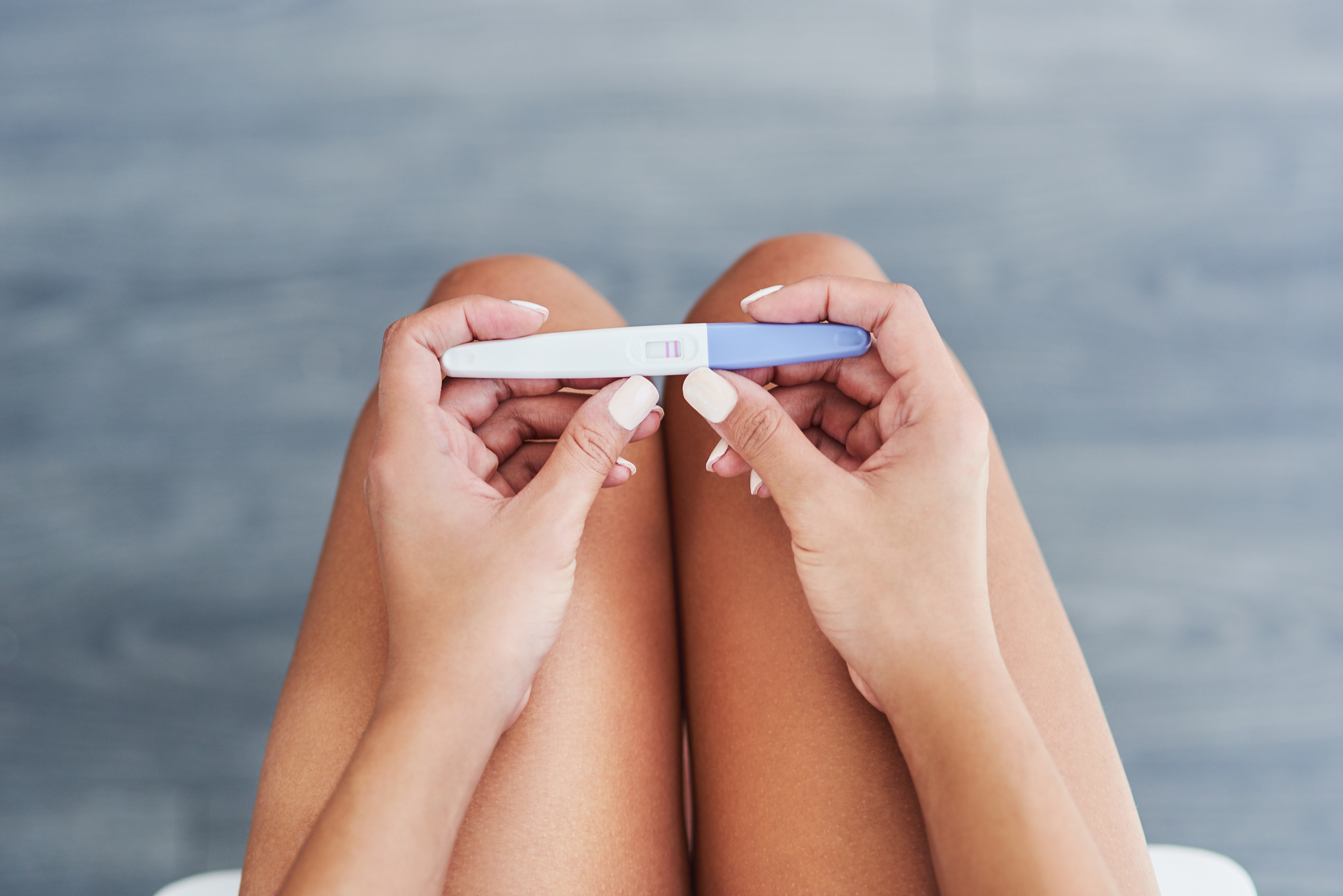
Although many egg donors don't yet want to be a mother, many wonder whether donating their eggs will hurt their chances of one day having a family of their own.
Although there are some mild side effects associated with becoming an egg donor, the process has been shown to not affect a woman's ability to get pregnant in the future. Egg donation does not hurt a person's fertility. After donating, many women go on to donate more eggs and become mothers to their own children.
However, we understand this can be a big concern. If you're still considering whether to become an egg donor, check out these answers to common questions Hatch Egg Donation & Surrogacy receives about achieving pregnancy after egg donation.
One of the most commonly asked questions is whether donating eggs will hurt a woman's supply, leaving her with fewer eggs when she wants to have a child of her own. Although there are risks to every medical procedure and we encourage you to speak with a physician first, the short answer is no.
When a woman reaches puberty, there are about 300,000 eggs in her body. Of those, only about 400 eggs will be ovulated throughout her life. During each menstrual cycle, about 15 eggs begin to mature. Of those, only one will be ovulated, and the rest essentially die.
All of those eggs are matured and harvested in the egg donation process. This means that after donation, a donor's egg reserve has the same amount of eggs it would have had if the donor continued a regular ovulation cycle. So, the egg donation process does not take any more eggs than your body would typically lose naturally.
Research has shown that a woman's fertility levels return to normal one to two months after donation. However, in the one to two months immediately following donation, fertility levels are actually heightened.
Egg donors go through a process called ovarian stimulation in which a series of hormone injections allow their bodies to prepare for the retrieval of the eggs. The hormones stimulate the ovaries, allowing multiple eggs to be produced at once, making the body more susceptible to becoming pregnant.
This means a woman's chance of getting pregnant is higher right after donating eggs. The egg donor will receive instruction for navigating this time and determining when she is comfortable resuming sexual intercourse.
During the donation process, women are given an elevated level of estrogen to help more eggs mature than a normal ovulation cycle. Although there are several short-term side effects to consider, including mild bruising and soreness at the injection site, nausea, allergic reactions, and mood swings, there are a variety of studies that show there are no long-term side effects.
This is because the medications boost a woman's hormones as she's taking them. When a woman stops taking the medication after she donates the eggs, the extra hormones leave her body and her ovulation cycle returns to normal.
It is normal to have concerns when taking any medication. Everyone's body is different, so it's best to consult your doctor about any potential side effects associated with the medication.
Deciding whether to donate eggs is a big life decision, and it's not one that should be made lightly. Women should consider all aspects of the process before deciding whether it's right for them. However, it's important to note that choosing to donate your eggs to help start someone else's family typically does not mean you won't be able to start your own in the future.
Should you decide to become a donor, our team is ready to support you every step of the way and provide more information about any concerns you have. For more information on how to make the donor cycle run smoothly, check out these tips.
These Stories on Egg Donation - For Donors

.png?width=150&height=150&name=Open-Door-Badge_Beyond-Inclusion-LGBTQ-101%20(1).png)
